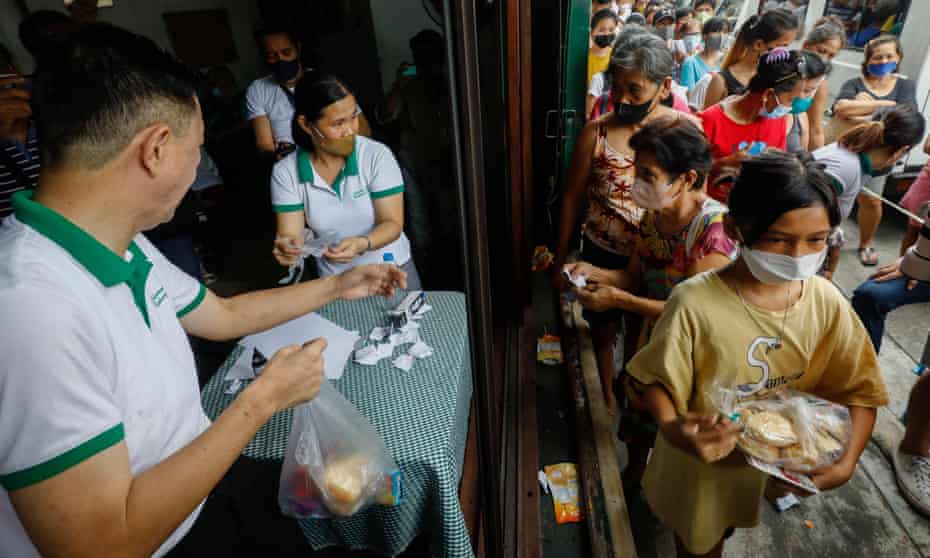According to the departing World Bank president, a sharp increase in financial assistance is required to help poor nations cover the $2.4 trillion (£1.9 trillion) yearly cost of addressing the cumulative effects of wars, pandemics, and the climate problem, Entrepreneurng report.
David Malpass, president of the Washington-based organization, defended his track record for providing support for developing nations while speaking in Niger, and he predicted that additional increases would likely be announced at the Bank’s spring conference the following month.
We have demonstrated over the past four years that financing for development can be quickly ramped up,” added Malpass. “Development requirements have expanded significantly, and development funding should follow, to assist nations like Niger in implementing sound development policies that support their population, spur economic growth, reduce poverty, uphold peace, and address complex global problems,” says the World Bank.
Malpass was chosen by Donald Trump to lead the World Bank in 2019. After receiving criticism from high-ranking officials in Joe Biden’s administration, he announced last month that he would leave with one year remaining in his term. The Bank needs to do more, according to John Kerry, Biden’s special representative on climate change.
According to a tradition dating back to the 1940s, an American has led the World Bank while a European has served as managing director of the International Monetary Fund, the World Bank’s sister organization. Ajay Banga, a US citizen born in India and the former CEO of Mastercard, has been proposed by the White House to succeed Malpass, though it is unclear that he will be officially selected until after the spring conference.
Malpass stated that the poorest countries have enormous investment needs in his curtain-raising statement before the spring meetings. “We project that, over the next seven years, developing nations will require $2.4 trillion annually to handle the global concerns of conflict, pandemics, and climate mitigation and adaptation.”
According to the president of the World Bank, the true death toll from Covid-19 was unknown in many countries, 700 million people were living on less than $2 per day, and the worldwide percentage of extreme poverty had climbed from 8.4% to 9.3%.
With economic growth slowing, poverty and hunger increasing, public debt reaching unsustainable levels amid rising interest rates, ineffective mechanisms for resolving external debt distress, underinvestment, and expanding populations, an increasing number of developing countries are now at risk of experiencing significant domestic crises.
More than half of the world’s poorest nations were experiencing debt hardship or were in significant danger of experiencing it, he continued. The world economy and asset markets are adjusting to more normal interest rates and bond yields, which is causing their problems to get worse.
In conclusion, the result of capital outflows brought on by inflation and higher interest rates in developed economies, emerging nations experience depreciation and higher interest rates, which exacerbates their debt problems.
Source: The Guardian


